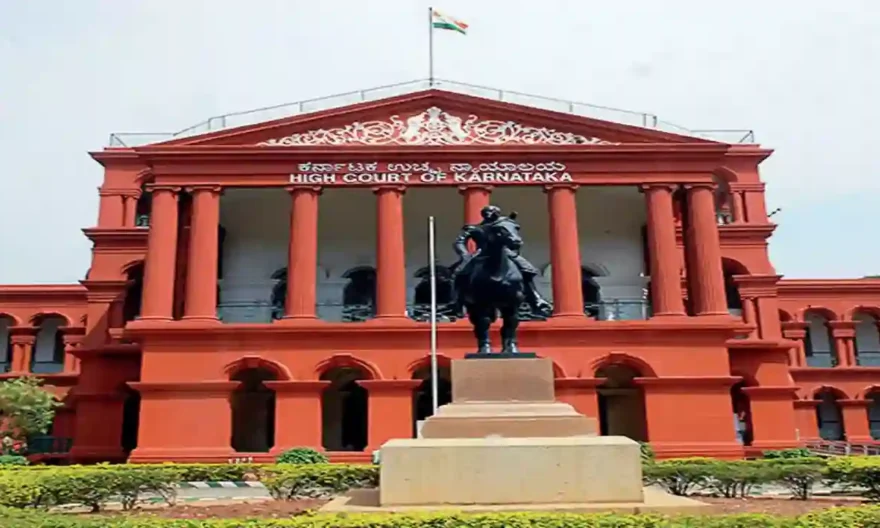
The Karnataka High Court on Monday bashed the Central government seeking repeated adjournments in a plea by Twitter challenging blocking orders issued by the Union Ministry of Electronics and Information Technology (MEITY).
Justice Krishna S Dixit expressed his disapproval when a request was made for the case to be listed on January 27 or February 3. He remarked,
“We are not at the government’s dictation like that. I don’t agree…What will people think? We are not at your beck and call. How many times you have taken adjournment? See the order sheet.”
The case was last heard on October 27, 2022, when Twitter argued that blocking orders issued by the Centre must contain reasons that are communicated to users of the social media platform. Twitter had concluded its submissions on that day, after which the Central government sought time to prepare its response, and the case was adjourned to November 16. However, when the case was listed in November, the government requested an adjournment and the hearing was listed for January 9.
Twitter India has argued that the Central government was not empowered to issue general orders calling for the blocking of social media accounts.
The bench was told that a blocking order could only be issued in a situation where the nature of the content was in line with the grounds laid down under Section 69A of the Information Technology Act.
From February 2021 to February 2022, ten blocking orders were issued; it had directed Twitter to block certain information from access to the public and to suspend several accounts.
In the petition filed, ‘Twitter India’ has contended that account-level blocking is a disproportionate measure and violates the rights of users under the Constitution. Out of a total of 1,474 accounts and 175 tweets, Twitter has challenged the blocking of only 39 URLs.
The Central government argued that the directions to block certain Twitter accounts were issued in national and public interest, and to prevent incidents of lynching and mob violence. It further says that it is committed to providing an open, safe, trusted and accountable internet to its citizens and that its powers to block information have a limited scope.




